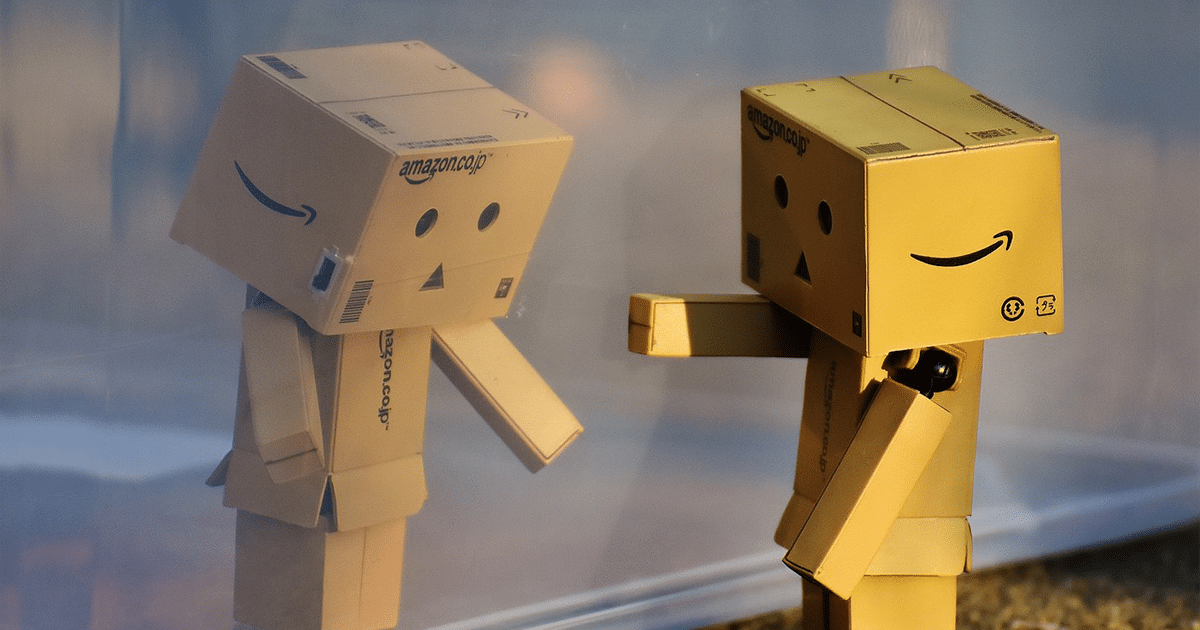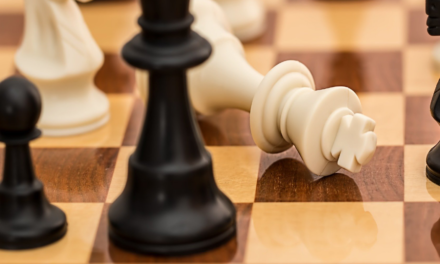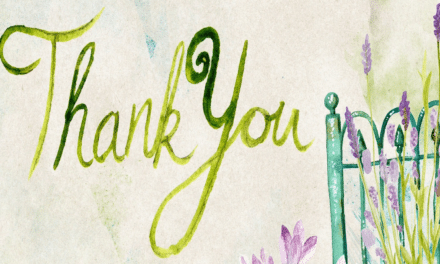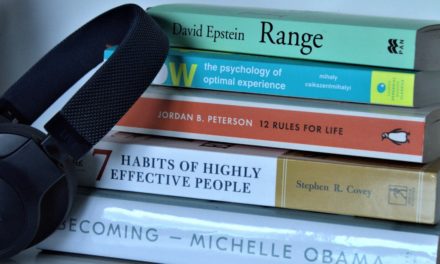Detachment refers to the ability to take a step back and disengage from a situation so you assess situations, see them as separate from us, and moderate your energy. I will be referencing Huberman Lab’s podcast with Jocko Willink called “How to become resilient, forge your identity & lead others” and Jay Shetty’s book Think Like a Monk: Train your mind for peace and purpose every day to frame this discussion with my personal experiences. Detachment allows us to ask critical questions and respond to every situation, even in heightened emotional states. Once cultivated, it is a powerful skill that can result in exceptional benefits to your everyday life. I would recommend looking at these resources as I have found them beyond valuable for this and numerous other aspects of my life.
How to develop Detachment
Jay Shetty says that having an attitude that everything is temporary helps us remain detached from emotions, situations, or experiences. Our world is in a perpetual cycle of change, so embracing the change and maintaining gratitude for what we have or are borrowing in the present is essential to manage stress effectively. In this frame of mind, we can examine our fears, emotions, beliefs, and feelings with a non-judgemental mindset. Through this awareness, we can learn continuously without being held up in our emotions, developing freedom and enjoyment in our everyday lives. Throughout this process, having the space within yourself to feel safe, compassionate, and understanding will enhance the skill of detachment.
One strategy I have found helpful is asking myself critical questions about what I am feeling to understand better. These questions could include: “Why am I feeling this way?”, “How can I detach myself from this situation,” “What opportunities can come from this experience” and “What am I grateful for in the present?”. You could even utilize detachment at the end of the day. Using a journal or reflecting in my head on how the day went, what key learnings I have received, and what can take it to the next level if I encounter similar situations in the past is helpful. Another strategy is to utilize a breathing technique like box breathing to help relax yourself, but personally, this is not always enough to fully detach me from these emotions. The final strategy is the most difficult and involves being comfortable with the uncomfortable. When I remember that it is completely normal to have these feelings, it helps me ground myself so I can take the time to explore my feelings and urges.
Why you need to cultivate the skill of Detachment
Jocko Willink portrays the various benefits across your life from detachment. One of them is the ability to see more of what is happening around you, and when paired with an open mindset, we can see more perspectives and act on more opportunities promptly. When you can detach from situations, you open yourself up to new possibilities, thought patterns, solutions, and strategic decisions to help you reach your goals. When you can detach yourself, it enables you to relax more effectively in recovery-related practices such as meditation and sleeping. Another reason you need to develop this skill is because it helps you move away from your ego and be receptive to situations, knowledge, and experiences.
External to yourself, helping people detach from ‘darkness’ or stress helps them overcome challenges, see the bigger picture, and reassure people that they have support and can overcome these challenges. It also helps you maintain a more harmonious and peaceful state when interacting with others. When you are attacking people or constantly disagreeing with people, it prevents you from actively hearing their perspectives fully and learning from them.
Jay Shetty reaffirms that we can manage acute stress more effectively when detaching on the spot. Doing so prevents us from making rash decisions and helps us be in a state of acceptance of what we are dealing with. The way we view stress directly influences how we affect the body. If the acute stress turns into long-term chronic stress that we cannot deal with, it shocks the body’s system. However, if you can be non-judgemental and accept the positives and negatives of what you are experiencing, stress can help us flourish and thrive in your life. Jay Shetty takes this further by saying that detachment helps us be freer, enjoy our daily lives, and channel the energy behind negative thoughts, emotions, and stress into something more positive.
Final Insights
With my recent attempts to cultivate this mindset, I have learned to deal with stress differently. When I encounter a stressful situation, I can explore it and work through these emotions effectively. And as I am not free from negative experiences, viewing them in a state of acceptance and understanding the positive intent and possible learning from these situations makes me grateful for the good and bad experiences.
Recovery is often thought of as being able to return to baseline, referring to situations that shock the system ‘negatively’ and those that make us happy. However, these emotions and states are not permanent but fleeting. Thus, detachment invokes us to be resilient and deal with all the good and bad experiences we encounter in our lives. Hopefully, this blog post offered value to you, and I recommend you cultivate detachment in a way that works for you and fits into your busy life.





